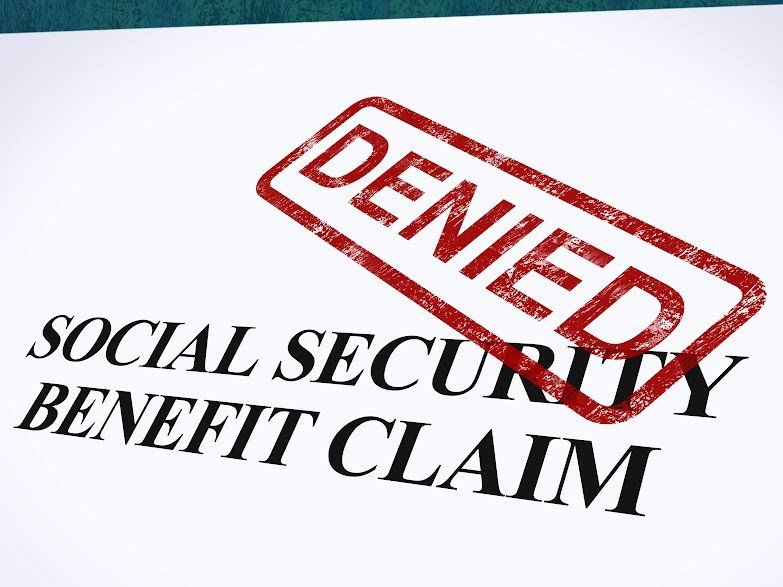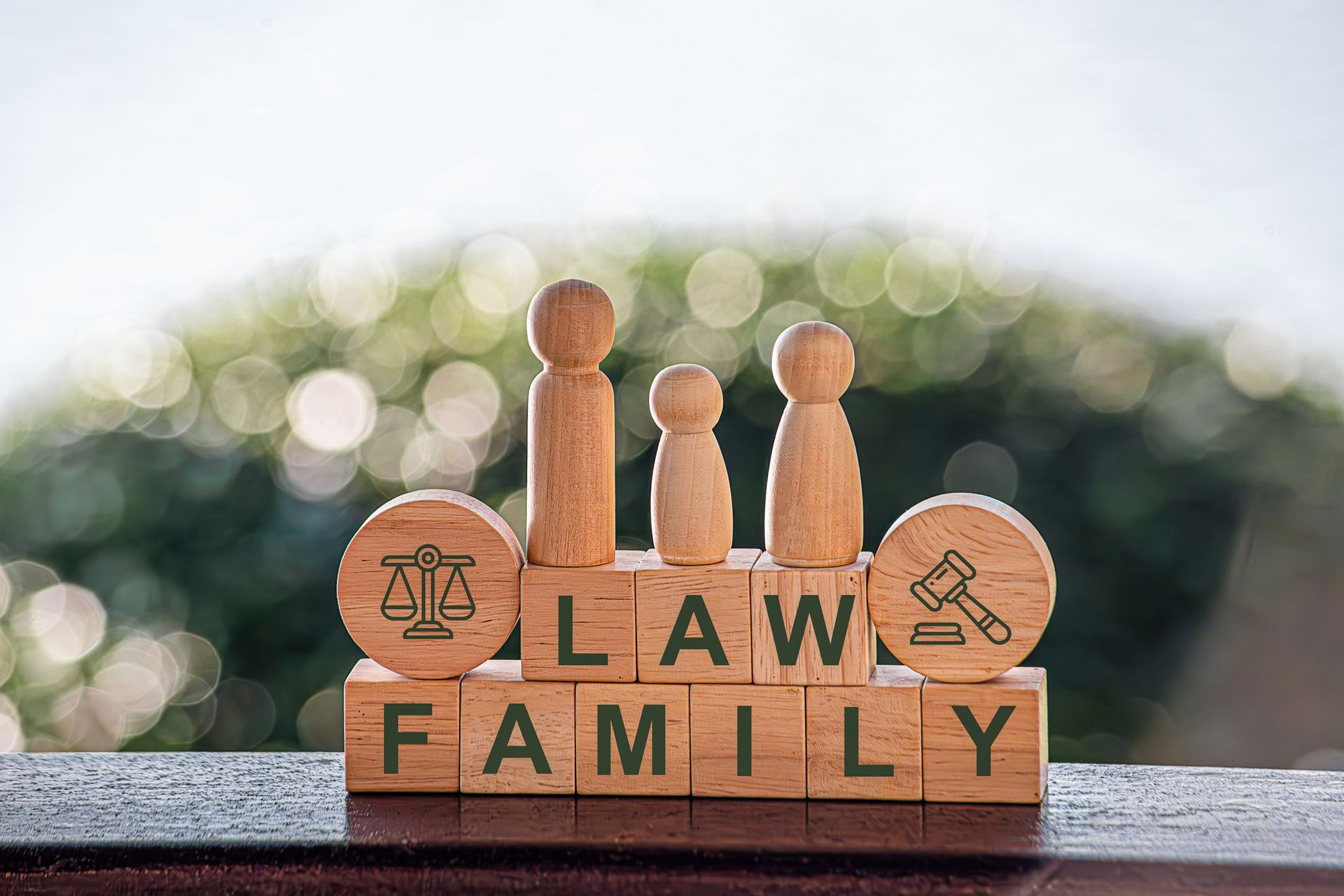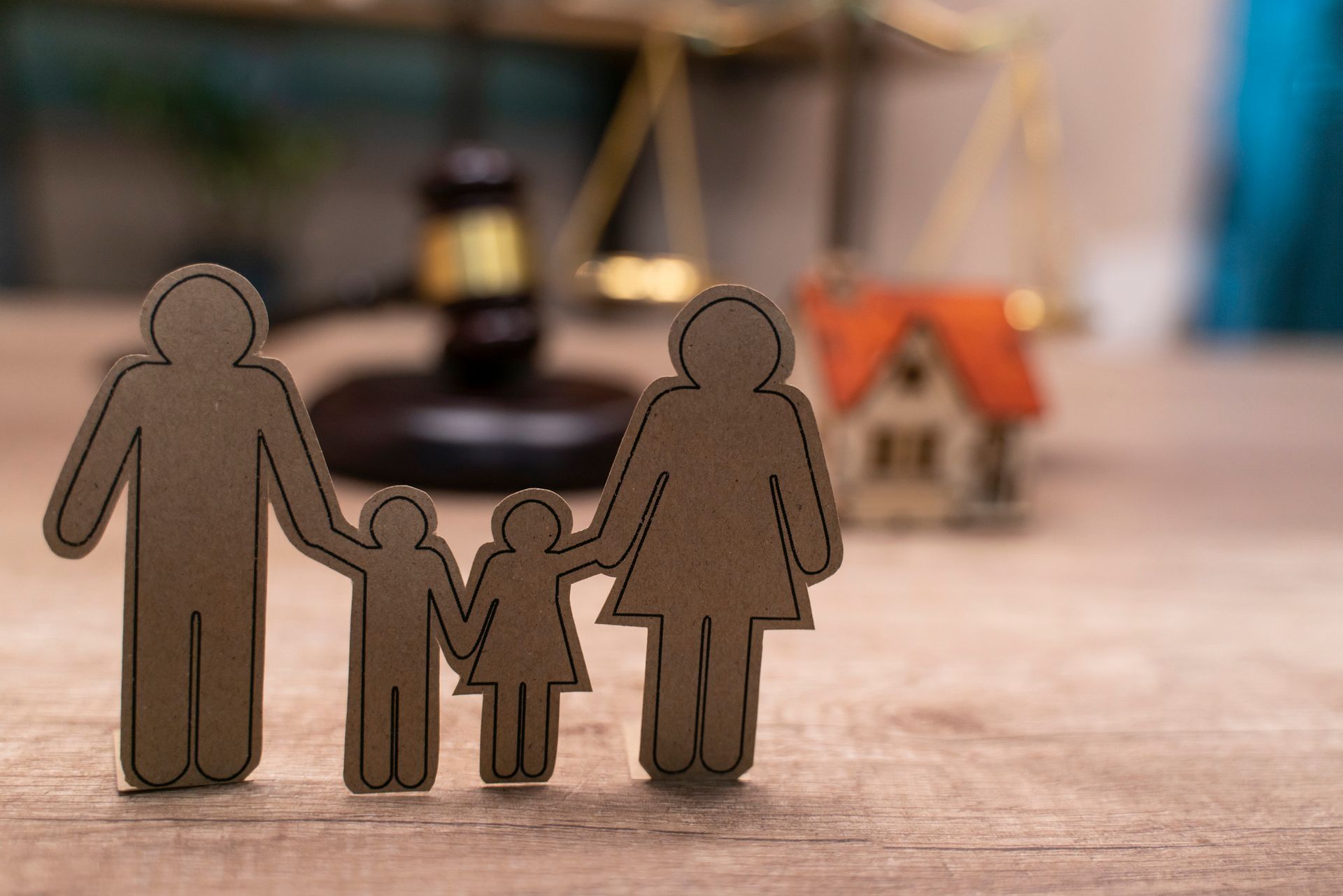Why Social Security Disability Benefits Are Typically Denied

Many people can attest that successfully applying for social security disability insurance (SSDI) benefits is challenging. About two-thirds of all initial claims for SSDI benefits are denied. Unfortunately, you get little explanation when your SSDI benefits claim gets denied. So you may wonder what you did wrong.
The reasons for SSDI benefits claim denial vary from one person to another. However, many issues are surmountable if you engage a disability attorney. Learn about the five common reasons for SSDI benefits denial and what you can do about it below.
You Presented Inadequate Medical Evidence
Medical records are a vital piece of evidence in SSDI benefits claims. The Social Security Administration (SSA) needs proof that your disability keeps you from working. That means you must record of every time you visited the doctor due to complications from your disability.
If you do not visit your doctor regularly for your condition, you will not have sufficient evidence to prove your claim. It is also vital to follow your doctor's recommendations and take any medications and treatments they prescribe. It is also vital to be specific & detailed in what you tell your doctor so all your symptoms will be well documented in your medical records.
Ensure you present medical records from your primary care physician and any doctor's notes excusing you from work to the SSA. Your initial application should also have information on where the SSA can access your medical records.
You Reapplied for Benefits Instead of Appealing Your Denial
Most people think filing a new benefits claim is better than appealing a denied claim. But, this is not the case.
Take your claim seriously, Also, you can be less likely to lose back pay.
You Can Work
Only individuals with disabilities that keep them from full time qualify for SSDI benefits. The SSA considers whether you can do a job of any form before awarding you SSDI benefits.
This type of career field usually does not matter to SSA if you are under age 50. Instead, the SSA considers whether you have skills you can apply gainfully. If the officials reviewing your claim believe you can sustain any full-time work, they deny your claim for benefits.
You Fail to Cooperate
SSA officials may request more evidence after reviewing your claim or may have questions for you. Other times, the SSA sends a claimant to get a consultative exam by an SSA-selected doctor. The SSA denies your claim if you fail to show up for your scheduled exam or provide the required evidence, as they consider this a “failure to cooperate.”
The SSA Does Not Consider You Disabled
According to the SSA, you are disabled if you are unable to undertake any substantial gainful activity (SGA) due to a medically proven physical or mental impairment that may:
· Result in death
· Last for a continuous period of 12 months or more
If your disability does not fall under the parameters described by the SSA, they may deny your claim.
Your Options After a Denied SSDI Benefits Claim
After the SSA denies your claim, you can reapply for benefits or appeal the denial. As mentioned earlier, It is best to file an appeal for reconsideration.
If the appeal falls through, you can request a hearing with an administrative law judge (ALJ). You can request the appeals council to review your application if the hearing fails. You may sue the SSA and go to trial if unsuccessful.
If you get an SSDI benefit denial, it is best to hire an attorney to take you through the appeal process. An attorney helps you gather relevant evidence to prove your claim and represents you if your case goes to trial.
If your SSDI benefits claim was denied, we want to help. Contact us today for assistance after SSDI benefits denial.













